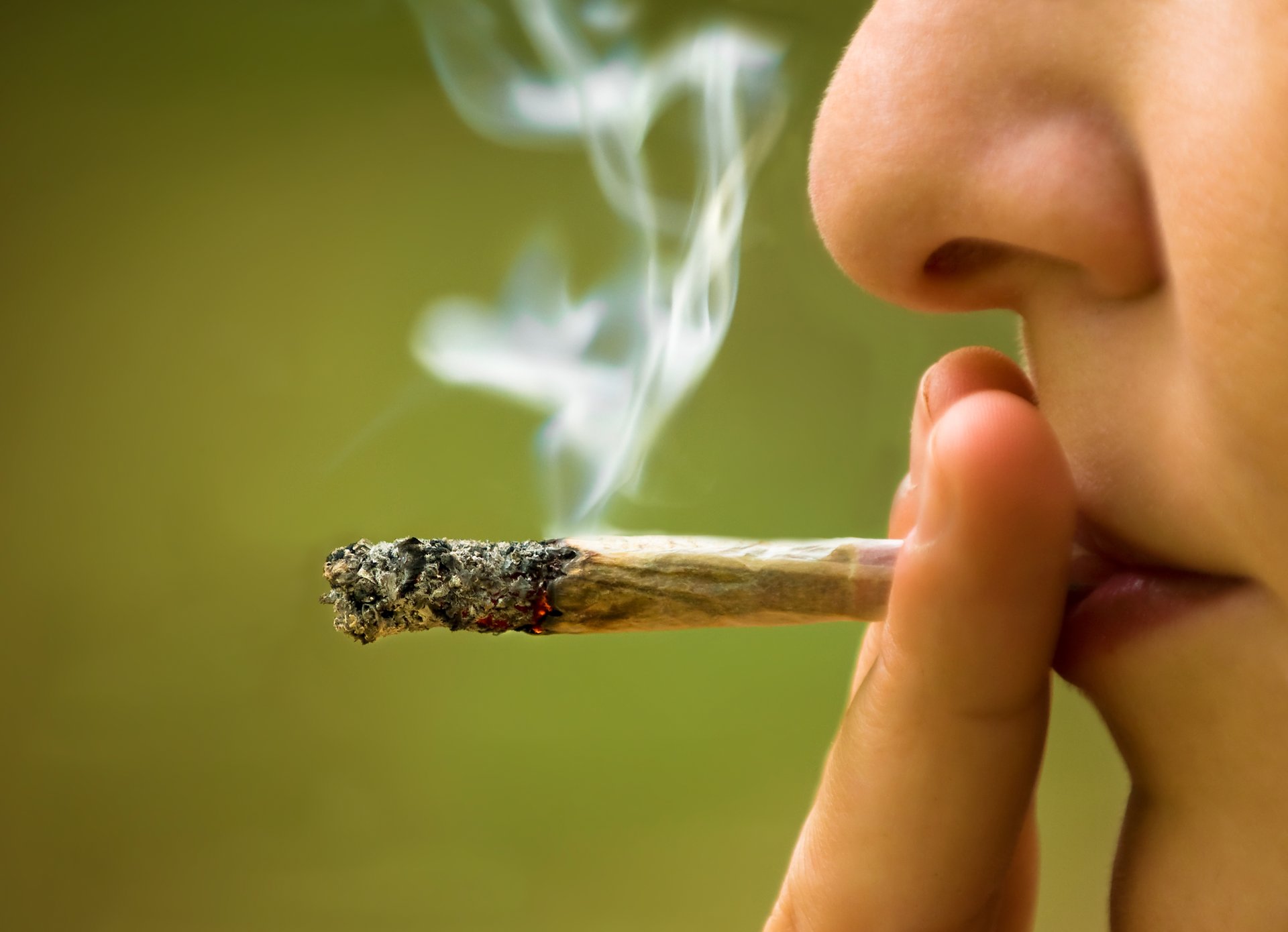
Pot use can dampen your motivation to make money, new research shows.
Immediately after inhaling cannabis vapor, study participants were “significantly less likely” to choose to do a high-effort task that would earn them more money rather than a low-effort task that would earn them less money, according to senior study author Val Curran, a professor of psychopharmacology at University College London (UCL).
The study, recently published in the journal Psychopharmacology, is the first to reliably demonstrate cannabis’ short-term effects on our motivation, according to lead author Will Lawn, a research associate at the UCL Clinical Psychopharmacology Unit.
For the study, researchers conducted two separate experiments.
The first experiment involved 17 adult volunteers, all of whom used cannabis occasionally. They inhaled cannabis vapor on one occasion and placebo vapor on another occasion. In each case, they did so immediately before being given a task that allowed researchers to measure the volunteers’ motivation for earning money.
Volunteers chose between doing a low-effort and high-effort task for money:
- The low-effort option involved pressing the space bar key with the little finger of their non-dominant hand 30 times in seven seconds to win 50 pence.
- The high-effort option involved pressing the space bar key 100 times in 21 seconds to win from 80 pence to 2 pounds.
Curran explains:
“Repeatedly pressing keys with a single finger isn’t difficult but it takes a reasonable amount of effort, making it a useful test of motivation. On average, volunteers on placebo chose the high-effort option 50 percent of the time for a (2 pound) reward, whereas volunteers on cannabis only chose the high-effort option 42 percent of the time.”
The second experiment involved 20 people dependent on cannabis and 20 control participants. They were not allowed to consume alcohol or drugs except for tobacco or coffee for 12 hours before they were asked to perform the same motivation task.
The cannabis-dependent participants were found to be no less motivated than the control participants, although the researchers note that further study of long-term pot use is needed.
Lawn concludes:
“This tentatively suggests that long-term cannabis use may not result in residual motivation problems when people stop using it.”
What’s your take on this news? Share your thoughts below or on our Facebook page.




Add a Comment
Our Policy: We welcome relevant and respectful comments in order to foster healthy and informative discussions. All other comments may be removed. Comments with links are automatically held for moderation.